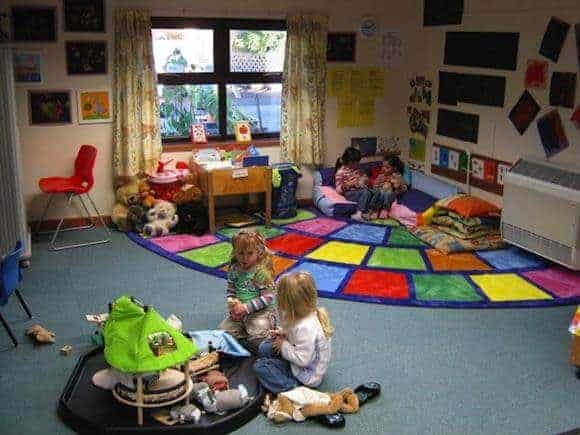Stuttering may be more common than previously thought, but preschool stutterers fair better than first thought, a study by The University of Melbourne, Murdoch Childrens Research Institute and The University of Sydney has found.
A study of over 1600 children, which followed the children from infancy to four years old, found the cumulative incidence of stuttering by four years old was 11 per cent, more than twice what has previously been reported.
However, the study refutes the long held view that suggests developmental stuttering is associated with a range of poorer outcomes in the preschool period. Interestingly, the study found the reverse was true, with stuttering associated with better language development, non-verbal skills with no identifiable effect on the child’s mental health or temperament at four years old.
Surprisingly, researchers found that recovery from stuttering was low, 6.3 per cent, 12 months after onset. Rates of recovery were higher in boys than girls, and in those who did not repeat whole words at onset than those who did. The study boys were more likely to develop stuttering.
Lead researcher, Professor Sheena Reilly said parents could be happy in knowing that they can take a ‘watch and wait’ approach to their child’s stuttering and it won’t be causing harm to their child’s language skills or social and emotional development. “Current best practice recommends waiting for 12 months before commencing treatment, unless the child is distressed, there is parental concern, or the child becomes reluctant to communicate. It may be that for many children treatment could be deferred slightly further,” she said.
“Treatment is effective but is intensive and expensive, this watchful recommendation would therefore help target allocation of scarce resources to the small number of children who do not resolve and experience adverse outcomes, secure in the knowledge that delaying treatment for a year or slightly longer has been shown not to compromise treatment efficacy.”
Due to the low rates of recovery in the study, researchers were unable to determine what predicts which kids will recover from stuttering, but say this will be the focus of research moving forward.
The study was published in Pediatrics.


